18.07.2023
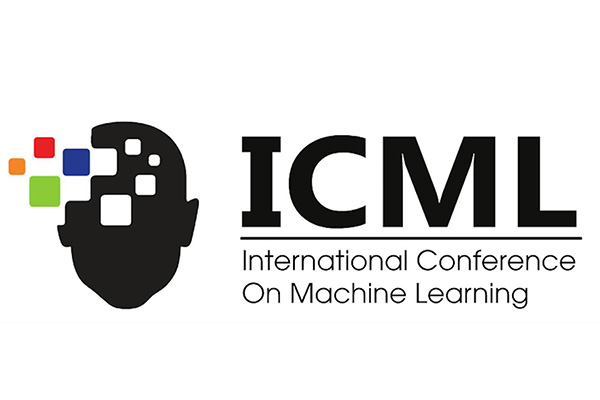
MCML researchers with six papers at ICML 2023
40th International Conference on Machine Learning (ICML 2023). Honolulu, Hawaii, 23.07.2023–29.07.2023
We are happy to announce that MCML researchers are represented with six papers at ICML 2023:
On Second-Order Scoring Rules for Epistemic Uncertainty Quantification.
40th International Conference on Machine Learning (ICML 2023). Honolulu, Hawaii, Jul 23-29, 2023. URL.
Abstract
It is well known that accurate probabilistic predictors can be trained through empirical risk minimisation with proper scoring rules as loss functions. While such learners capture so-called aleatoric uncertainty of predictions, various machine learning methods have recently been developed with the goal to let the learner also represent its epistemic uncertainty, i.e., the uncertainty caused by a lack of knowledge and data. An emerging branch of the literature proposes the use of a second-order learner that provides predictions in terms of distributions on probability distributions. However, recent work has revealed serious theoretical shortcomings for second-order predictors based on loss minimisation. In this paper, we generalise these findings and prove a more fundamental result: There seems to be no loss function that provides an incentive for a second-order learner to faithfully represent its epistemic uncertainty in the same manner as proper scoring rules do for standard (first-order) learners. As a main mathematical tool to prove this result, we introduce the generalised notion of second-order scoring rules.
MCML Authors
Normalizing Flows for Interventional Density Estimation.
40th International Conference on Machine Learning (ICML 2023). Honolulu, Hawaii, Jul 23-29, 2023. URL.
Abstract
Existing machine learning methods for causal inference usually estimate quantities expressed via the mean of potential outcomes (e.g., average treatment effect). However, such quantities do not capture the full information about the distribution of potential outcomes. In this work, we estimate the density of potential outcomes after interventions from observational data. For this, we propose a novel, fully-parametric deep learning method called Interventional Normalizing Flows. Specifically, we combine two normalizing flows, namely (i) a nuisance flow for estimating nuisance parameters and (ii) a target flow for parametric estimation of the density of potential outcomes. We further develop a tractable optimization objective based on a one-step bias correction for efficient and doubly robust estimation of the target flow parameters. As a result, our Interventional Normalizing Flows offer a properly normalized density estimator. Across various experiments, we demonstrate that our Interventional Normalizing Flows are expressive and highly effective, and scale well with both sample size and high-dimensional confounding. To the best of our knowledge, our Interventional Normalizing Flows are the first proper fully-parametric, deep learning method for density estimation of potential outcomes.
MCML Authors
Statistical Foundations of Prior-Data Fitted Networks.
40th International Conference on Machine Learning (ICML 2023). Honolulu, Hawaii, Jul 23-29, 2023. URL.
Abstract
Prior-data fitted networks (PFNs) were recently proposed as a new paradigm for machine learning. Instead of training the network to an observed training set, a fixed model is pre-trained offline on small, simulated training sets from a variety of tasks. The pre-trained model is then used to infer class probabilities in-context on fresh training sets with arbitrary size and distribution. Empirically, PFNs achieve state-of-the-art performance on tasks with similar size to the ones used in pre-training. Surprisingly, their accuracy further improves when passed larger data sets during inference. This article establishes a theoretical foundation for PFNs and illuminates the statistical mechanisms governing their behavior. While PFNs are motivated by Bayesian ideas, a purely frequentistic interpretation of PFNs as pre-tuned, but untrained predictors explains their behavior. A predictor’s variance vanishes if its sensitivity to individual training samples does and the bias vanishes only if it is appropriately localized around the test feature. The transformer architecture used in current PFN implementations ensures only the former. These findings shall prove useful for designing architectures with favorable empirical behavior.
MCML Authors
A New PHO-rmula for Improved Performance of Semi-Structured Networks.
40th International Conference on Machine Learning (ICML 2023). Honolulu, Hawaii, Jul 23-29, 2023. URL.
Abstract
Recent advances to combine structured regression models and deep neural networks for better interpretability, more expressiveness, and statistically valid uncertainty quantification demonstrate the versatility of semi-structured neural networks (SSNs). We show that techniques to properly identify the contributions of the different model components in SSNs, however, lead to suboptimal network estimation, slower convergence, and degenerated or erroneous predictions. In order to solve these problems while preserving favorable model properties, we propose a non-invasive post-hoc orthogonalization (PHO) that guarantees identifiability of model components and provides better estimation and prediction quality. Our theoretical findings are supported by numerical experiments, a benchmark comparison as well as a real-world application to COVID-19 infections.
MCML Authors
Topologically faithful image segmentation via induced matching of persistence barcodes.
40th International Conference on Machine Learning (ICML 2023). Honolulu, Hawaii, Jul 23-29, 2023. URL. GitHub.
Abstract
Segmentation models predominantly optimize pixel-overlap-based loss, an objective that is actually inadequate for many segmentation tasks. In recent years, their limitations fueled a growing interest in topology-aware methods, which aim to recover the topology of the segmented structures. However, so far, existing methods only consider global topological properties, ignoring the need to preserve topological features spatially, which is crucial for accurate segmentation. We introduce the concept of induced matchings from persistent homology to achieve a spatially correct matching between persistence barcodes in a segmentation setting. Based on this concept, we define the Betti matching error as an interpretable, topologically and feature-wise accurate metric for image segmentations, which resolves the limitations of the Betti number error. Our Betti matching error is differentiable and efficient to use as a loss function. We demonstrate that it improves the topological performance of segmentation networks significantly across six diverse datasets while preserving the performance with respect to traditional scores.
MCML Authors
Beyond In-Domain Scenarios: Robust Density-Aware Calibration.
40th International Conference on Machine Learning (ICML 2023). Honolulu, Hawaii, Jul 23-29, 2023. URL.
Abstract
Calibrating deep learning models to yield uncertainty-aware predictions is crucial as deep neural networks get increasingly deployed in safety-critical applications. While existing post-hoc calibration methods achieve impressive results on in-domain test datasets, they are limited by their inability to yield reliable uncertainty estimates in domain-shift and out-of-domain (OOD) scenarios. We aim to bridge this gap by proposing DAC, an accuracy-preserving as well as Density-Aware Calibration method based on k-nearest-neighbors (KNN). In contrast to existing post-hoc methods, we utilize hidden layers of classifiers as a source for uncertainty-related information and study their importance. We show that DAC is a generic method that can readily be combined with state-of-the-art post-hoc methods. DAC boosts the robustness of calibration performance in domain-shift and OOD, while maintaining excellent in-domain predictive uncertainty estimates. We demonstrate that DAC leads to consistently better calibration across a large number of model architectures, datasets, and metrics. Additionally, we show that DAC improves calibration substantially on recent large-scale neural networks pre-trained on vast amounts of data.
MCML Authors
18.07.2023
Related
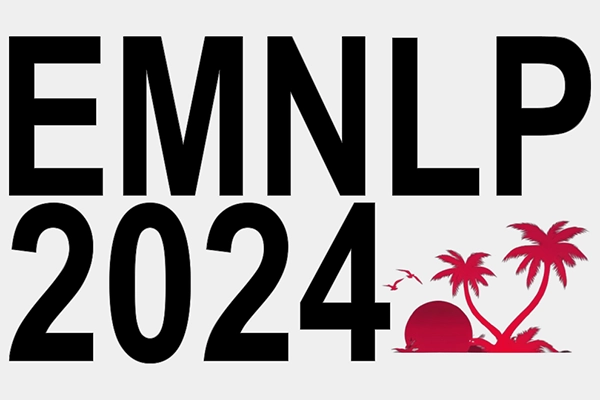
06.11.2024
MCML researchers with 20 papers at EMNLP 2024
Conference on Empirical Methods in Natural Language Processing (EMNLP 2024). Miami, FL, USA, 12.11.2024 - 16.11.2024
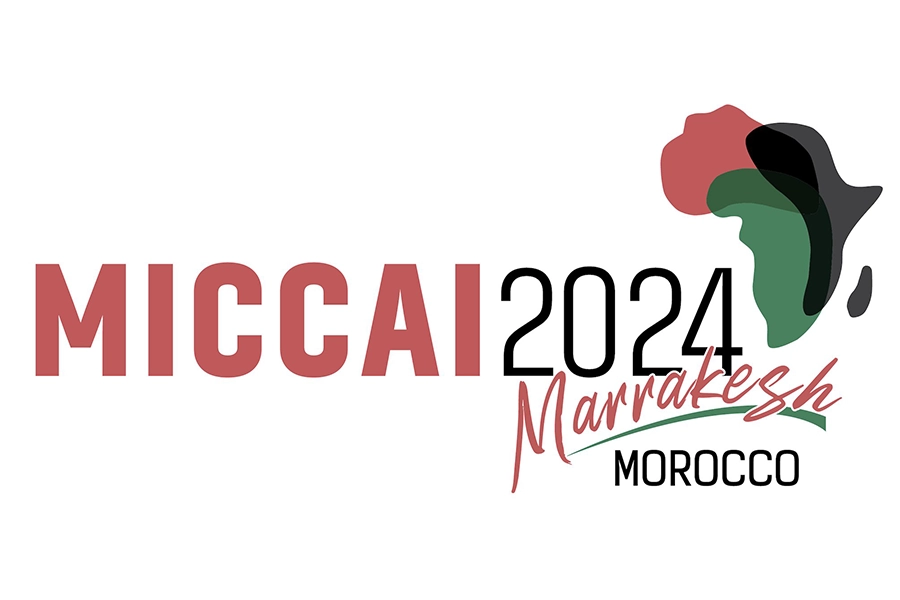
01.10.2024
MCML researchers with 16 papers at MICCAI 2024
27th International Conference on Medical Image Computing and Computer Assisted Intervention (MICCAI 2024). Marrakesh, Morocco, 06.10.2024 - 10.10.2024

26.09.2024
MCML researchers with 18 papers at ECCV 2024
18th European Conference on Computer Vision (ECCV 2024). Milano, Italy, 29.09.2024 - 04.10.2024
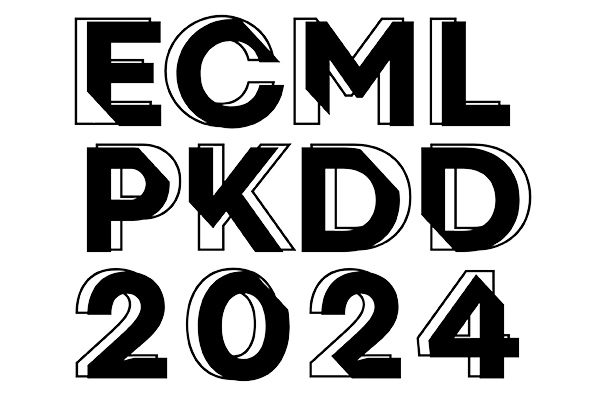
10.09.2024
MCML at ECML-PKDD 2024
We are happy to announce that MCML researchers are represented at ECML-PKDD 2024.
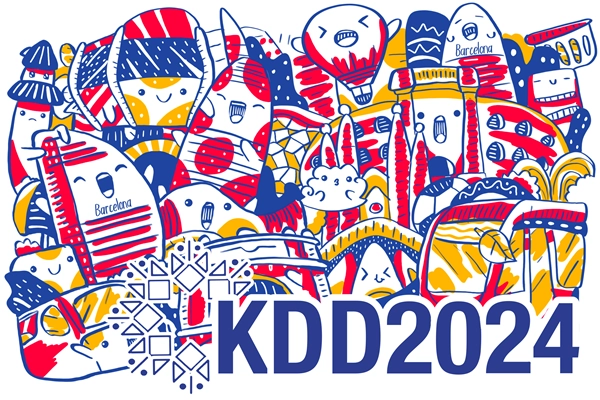
20.08.2024
MCML researchers with two papers at KDD 2024
30th ACM SIGKDD International Conference on Knowledge Discovery and Data (KDD 2024). Barcelona, Spain, 25.08.2024 - 29.08.2024











